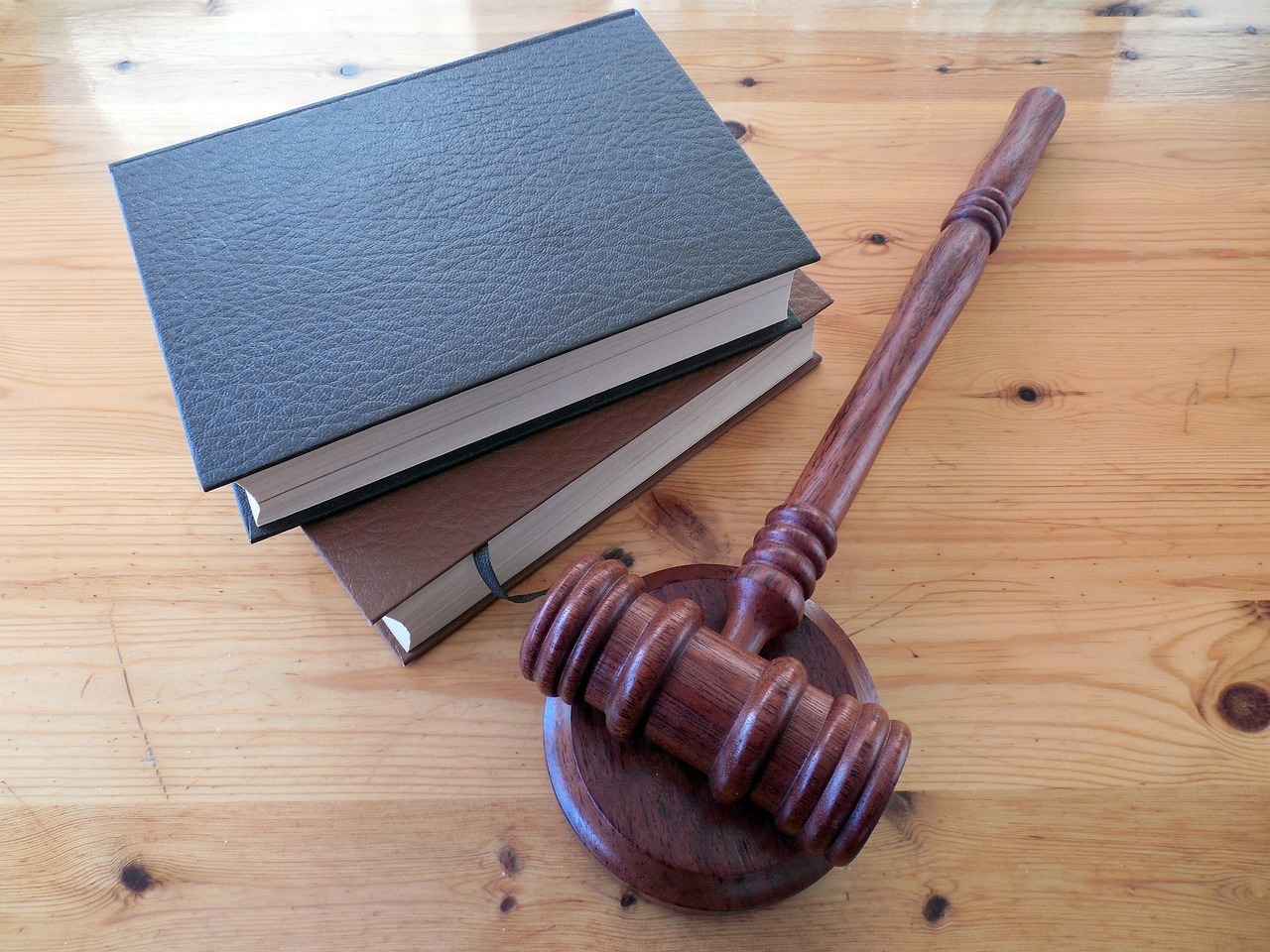Are you an inventor with big ideas seeking to protect your inventions? As you work through your invention journey, it is crucial to consider securing a patent.
Patents offer you legal protection over your invention. Still, the patent process is often intricate and riddled with pitfalls that could hurt your business if you make a mistake.
That is why it is always best to consult with a patent attorney. In this blog post, we’ll share five reasons why inventors should always consult with a patent attorney.
1. Legal Expertise
Patents are legal filings with the US government, and the legal process can be overwhelming. Patent attorneys have specialized legal expertise in the patent process, so they can help guide inventors through the legal intricacies of obtaining a patent.
Patent attorneys can guarantee that the patent is valid and enforceable in court. A registered patent will deter other individuals or companies from attempting to copy or steal your intellectual property and provide legal backing to dispute their actions in case of infringement.
2. Save Time and Money
Crafting a convincing patent application takes time and resources that the typical inventor might not have. Hiring a patent attorney can help save time because attorneys work efficiently. They are clear on what to include in an application, what will meet the formal requirements, and what can be left out.
Moreover, hiring a patent attorney can save you money in the long run because you will avoid costly mistakes and the need to redo an entire application.
3. Patentability Evaluation
Not every invention is patentable. Before filing a patent application, a patentability evaluation must be done by a patent attorney. A patentability evaluation will determine whether a design meets the requirements for a patent. An attorney can then advise the inventor on the best course of action.
4. Patents Are Complex
A patent filing is more than just a form or paperwork. It can be complicated and challenging because patent rules change regularly, and numerous requirements exist. An attorney will be versed in patent laws, regulations, and policies, ensuring that your patent application is accurate.
A patent attorney can advise how to protect an invention from infringement and ensure your rights in the story are secure. They can also assist with understanding the terms of any license agreements related to a patent application.
5. Stay Ahead of The Competition
Patent attorneys can conduct a rigorous search to ensure your invention is unique and exciting. Moreover, the patent attorney can keep up with competitors’ patent filings in your industry and advise you on potential challenges.
Reasons Why Inventors Should Always Consult With A Patent Attorney – In Summary
As an inventor, filing a patent application can be challenging. Consulting with a patent attorney can ensure you get the legal protection you deserve for your hard work and future success. By hiring the right patent attorney you guarantee that your invention will hit the market on the right foot.
